
Read or listen offline
Amazon KindleRecommendation
The World Bank annually assesses the ways that business regulations affect economic growth in developed and developing economies and how those laws change over time. This report examines changes in contract enforcement, taxes and zoning in markets of all sizes and stages of development. Reforms and regulations governing business differ enormously among nations. Policy makers’ stance on an array of decisions – including credit reporting, protecting minority investors and even zoning – can influence businesses’ decisions to move to their jurisdictions. Corporations want nations to provide comprehensive, reliable, cohesive guidelines that support growth within a solid legal and regulatory framework. getAbstract recommends this overview to policy makers, investors, government officials and executives concerned about fostering economic expansion with effective business regulation and taxation policies.
Summary
About the Author
Established in 1944, the World Bank provides financial and technical assistance to developing countries. It works with member nations to fight global poverty.









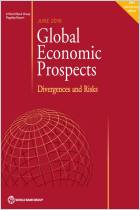

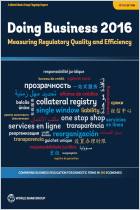
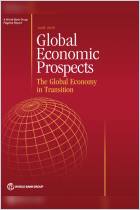
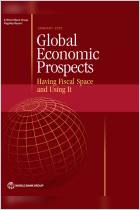

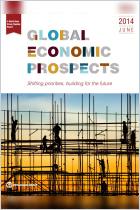


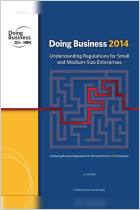
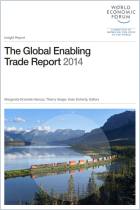
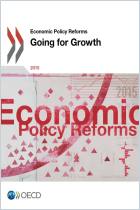

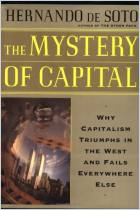


Comment on this summary or Diskussion beginnen